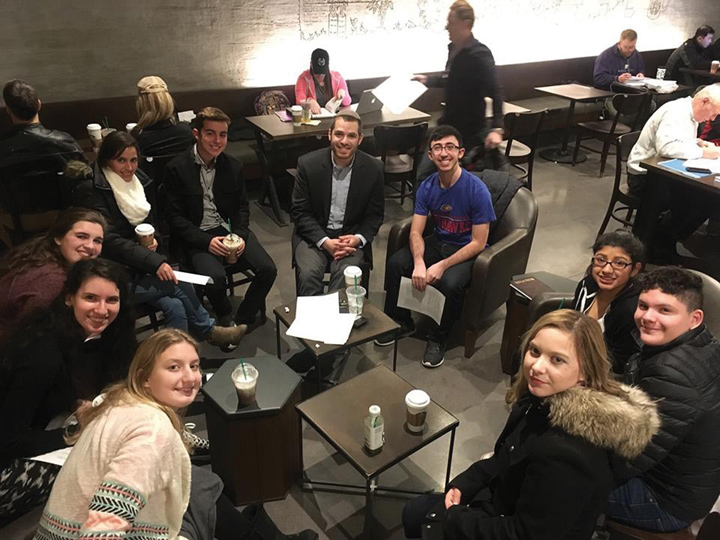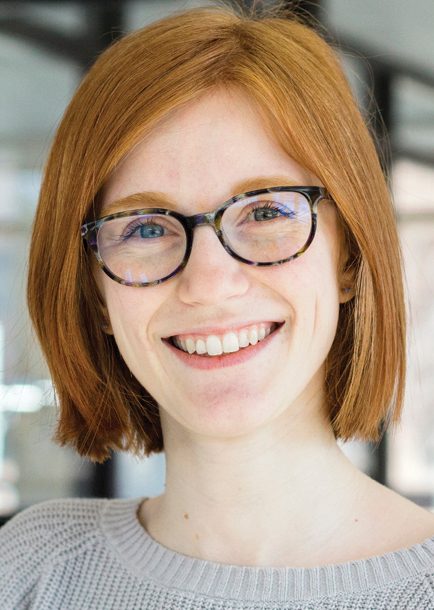 (EDITOR’S NOTE: The following story is reprinted with permission of the author, an undergraduate student account executive in CLAgency with the University of Minnesota. Sarah Rosen is the daughter of Peter and Ellen Rosen of St. Paul, Minnesota. She attended the Talmud Torah Day School and graduated from Highland Park High School with honors. She is the granddaughter of Bonnie and Herbert Rosen of Overland Park.)
(EDITOR’S NOTE: The following story is reprinted with permission of the author, an undergraduate student account executive in CLAgency with the University of Minnesota. Sarah Rosen is the daughter of Peter and Ellen Rosen of St. Paul, Minnesota. She attended the Talmud Torah Day School and graduated from Highland Park High School with honors. She is the granddaughter of Bonnie and Herbert Rosen of Overland Park.)
By Kim Kemppainen
University of Minnesota
“I always knew I wanted to work with kids, but I had never found the right avenue until I walked into the speech-language-hearing sciences (SLHS) department,” said University of Minnesota alumna Sarah Rosen.
Rosen’s story begins with SLHS 1401: Communication Differences and Disorders, simply an introductory class for most students. “I took the class because it sounded interesting. I had no idea that it would soon become my passion.”
“When I started at Minnesota, I was not set on a major or a career, but I knew that I wanted research to be part of my undergraduate experience,” said Rosen. “The UMN is known for being a leading research university, and that’s ultimately why I chose to continue my education here.”
For Rosen, research was an opportunity she had to pursue herself, not a guarantee.
“I started by searching through the SLHS website, looking at what projects professors were doing,” Rosen said. “When I read about Professor Benjamin Munson’s project with childhood speech development, I was immediately intrigued.”
Since Rosen had just taken Communication Differences and Disorders, this research project looked like the perfect opportunity to explore the questions she had regarding typical and atypical speech.
Although the project only listed positions for graduate students, Rosen decided to take a chance and reach out to Dr. Munson. Her risk paid off when he invited her to join the team.
“Professors get excited when students show a genuine interest in their research projects,” Rosen said. “My whole college experience changed because of one email.”
She encourages students considering speech-language-hearing sciences, or any other major, to “just take one class or send one email. There’s no harm in exploring your options.”
Hearing Research
Although she has finished undergraduate studies, Rosen continues to conduct research at the University of Minnesota with Dr. Robert Schlauch.
In May 2018, Rosen will have the unique opportunity to present her cochlear implant research at the Acoustical Society of America in Minneapolis. Rosen’s interest in cochlear implants was cultivated by one of the many undergraduate research projects she participated in during her time with the SLHS department.
“The idea of the project was to understand how patients with cochlear implants hear speech,” said Rosen. “The end goal is to improve their overall experience, but in order to do that, we first have to comprehend what using this device is like for them.”
After spending some time as a personal care assistant for a young boy with autism and hearing aids, Rosen understands the importance of looking at how hearing devices alter speech input.
“The way that minor adjustments to his hearing devices changed his ability to hear amazed me,” said Rosen. “I quickly learned how much happiness they brought him.”
Looking to the future, Rosen said, “Thanks to all of my experiences in the College of Liberal Arts and the SLHS department, my goals seem more achievable every day.”
When she started at Minnesota four years ago, Rosen only knew bits and pieces of what she wanted her future to look like. After earning a major in speech-language-hearing sciences, a minor in neuroscience, and a certificate in autism spectrum disorder, she’s a lot more confident.
Through her research and senior project, Rosen has found a way to combine her passions: working with children and making a difference.
Rosen took a semester off and will be pursuing her doctorate of audiology at Northwestern University in the fall. Her goal is to work as a pediatric audiologist as part of an infant cochlear implant team.”




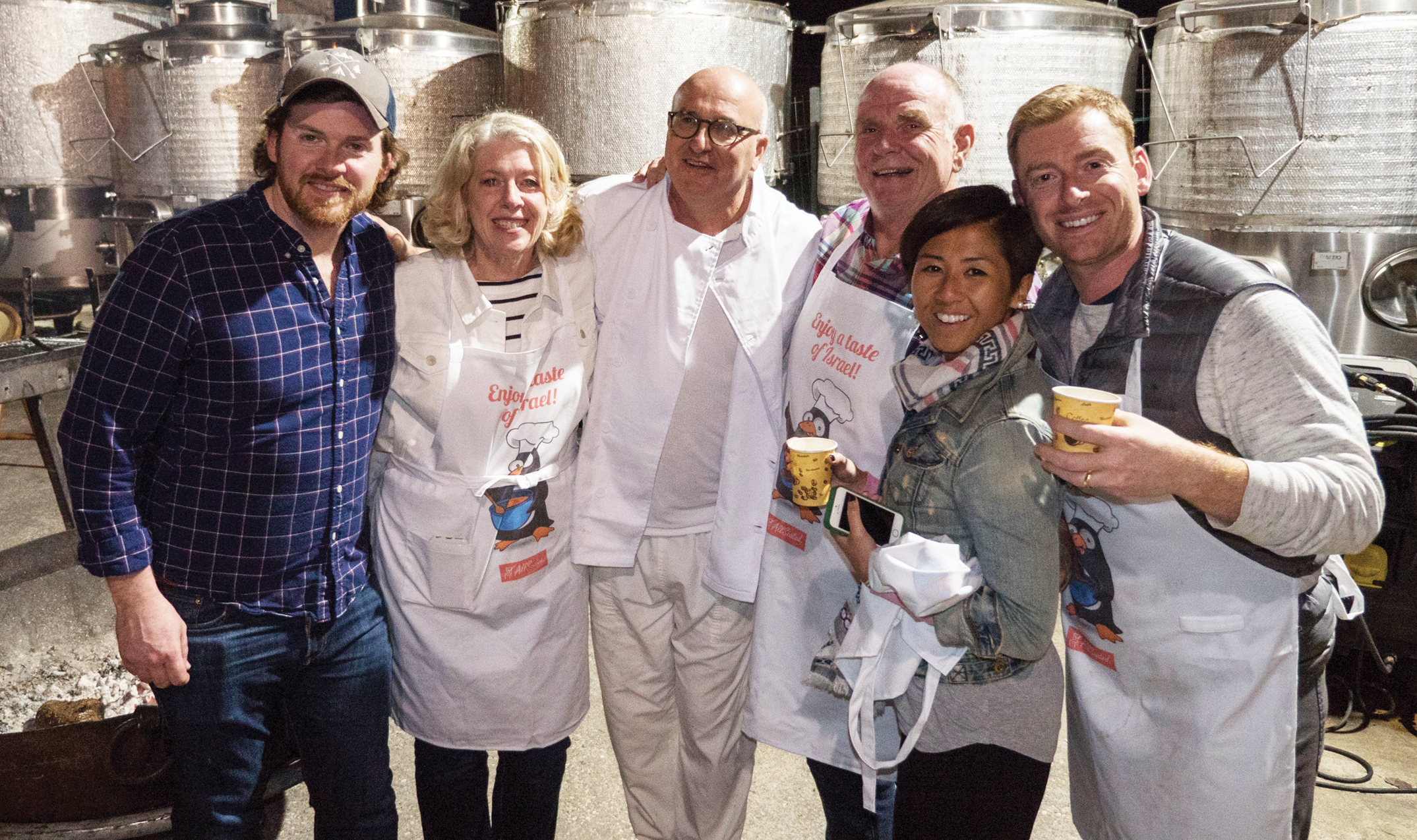

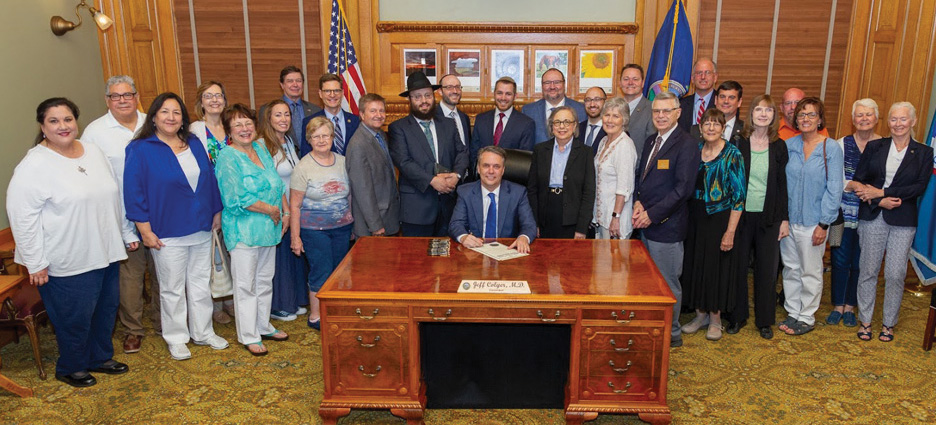
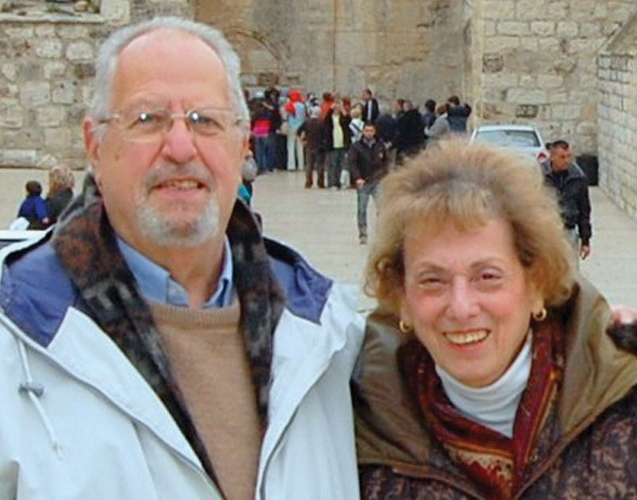
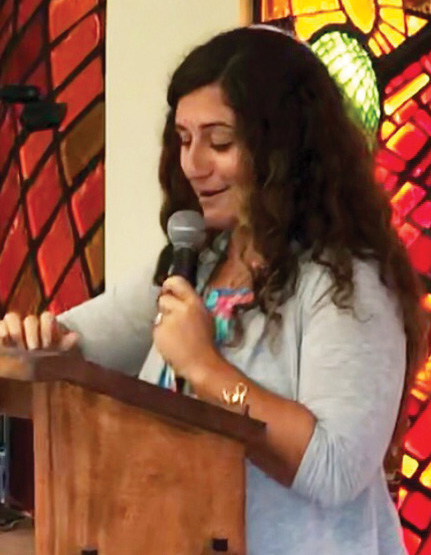

 (EDITOR’S NOTE: The following story is reprinted with permission of the author, an undergraduate student account executive in CLAgency with the University of Minnesota. Sarah Rosen is the daughter of Peter and Ellen Rosen of St. Paul, Minnesota. She attended the Talmud Torah Day School and graduated from Highland Park High School with honors. She is the granddaughter of Bonnie and Herbert Rosen of Overland Park.)
(EDITOR’S NOTE: The following story is reprinted with permission of the author, an undergraduate student account executive in CLAgency with the University of Minnesota. Sarah Rosen is the daughter of Peter and Ellen Rosen of St. Paul, Minnesota. She attended the Talmud Torah Day School and graduated from Highland Park High School with honors. She is the granddaughter of Bonnie and Herbert Rosen of Overland Park.)